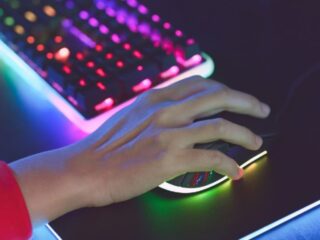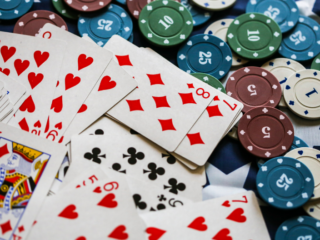
From the police to professional athletes, high-level performance in any field requires more than just talent; it demands targeted preparation and strategic refinement. And so for competitive gaming, where split-second decisions can differentiate the winners from the rest, preparing for a gaming tournament involves much more than just regular gameplay.
Here are 3 tips.
Study Top Player Gameplay
Watching the pros can open your eyes to how the game should be played at the highest level. It’s about seeing what optimal play looks like so you can tweak your strategies.
Dig into videos and streams where top players show off their skills. Focus on the moments that test their abilities and take note of how they manage their resources, position themselves, and handle surprises. Breaking down their gameplay step by step means you’re not just watching, you’re studying.
Basically, keep an eye on how a top player maneuvers through crucial parts of the game. Notice how they allocate resources when it counts, and how they prioritize game objectives over straightforward combat.
Learn from Commentary and Guides
There’s so much beneath the surface of any game that you might not catch just by playing. Expert commentary and detailed guides can reveal these layers, helping you to understand complex strategies and the latest changes in the game meta.

Hunt down reliable guides and watch professional commentators break down gameplay. This type of content can clarify why certain decisions are made in the game and how they affect outcomes, which is crucial if you want to elevate your own gaming skills.
For example, maybe get into a guide that tackles strategic depth, like managing game resources effectively or mastering control of key map areas. Apply these insights directly to your gameplay and adjust based on the results you see. It’s about putting theory into practice.
Practice with Purpose
You want to get better, not just play more, and that means practicing specific aspects of your gameplay to make every session count. It’s about focusing on what needs improvement to see real progress over time.
Set clear goals for each practice session, such as sharpening your reaction times or deepening your understanding of the game’s scoring system. Choose tools or practice modes that help you concentrate on these objectives, minimizing distractions.

For example, if map awareness is your goal, make it a point to glance at the map frequently during your practice. Record these sessions and analyze them to catch how well you’re picking up on important cues. Monitoring your progress over time will show you how much faster and more effectively you react to new information.
These strategies are key if you want to step up your game and make a splash at your next tournament. It’s not just about playing; it’s about playing with purpose and continuously improving.



